Keywords: Cultural Revolution
-
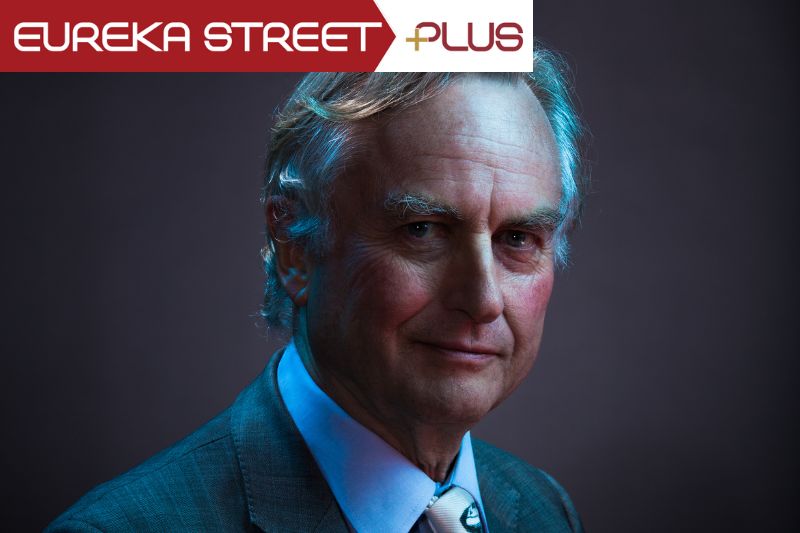
INTERNATIONAL
- David Halliday, Juliette Hughes
- 03 March 2023
2 Comments
In the world of science and rational inquiry, few names loom as large. The often-controversial evolutionary biologist has spent decades exploring the mysteries of the natural world and ruffling feathers in religious and secular movements alike. Speaking to Eureka Street, Richard Dawkins discusses the difficulties in public discourse and what constitutes modern heresy.
READ MORE 
-
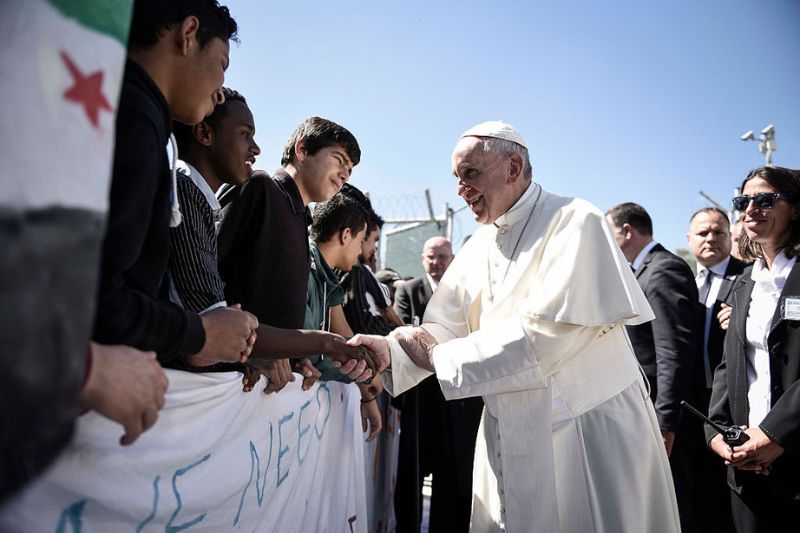
RELIGION
- Bruce Duncan
- 21 June 2022
3 Comments
Some 278 Catholic bishops, clergy, religious personnel and lay people will meet as members of an unprecedented Plenary Council during 3-9 July to finalise the resolutions of their first assembly last year. However the May working document ‘Framework for Motions’, despite much worthy content, especially on Indigenous affairs, relies on a narrow notion of mission overly focused on inner-church issues at the expense of the wider social engagement that Francis emphasises.
READ MORE 
-
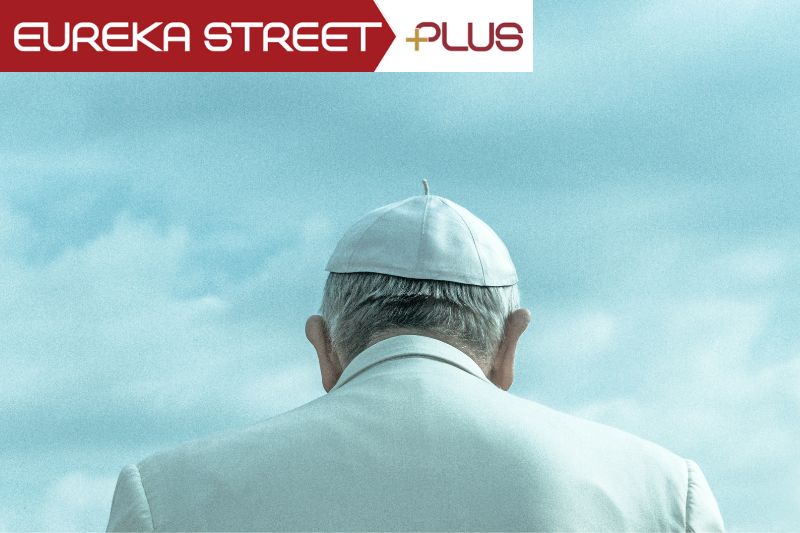
RELIGION
- Geraldine Doogue, Greg Craven, John Warhurst, Julian Butler
- 17 June 2022
3 Comments
After four years, the Fifth Plenary Council of Australia is nearly at a close with the second and final assembly in July. So what has been the significance of the Plenary Council so far, and what can we expect from the final session? In this Roundtable, Geraldine Doogue, John Warhurst, Greg Craven and Julian Butler reveal their hopes and expectations for the process and discuss likely outcomes.
READ MORE 
-

ARTS AND CULTURE
- Andrew Hamilton
- 03 June 2022
1 Comment
As I was reading the illuminating contributions to Class in Australia I had to confront my attitudes to Marxist analysis, to the claims of sociology, social work and psychology to be sciences, to the relative importance of inequality based on wealth, gender and race, and to any claim that canonises individual choice while claiming to be value free.
READ MORE 
-

AUSTRALIA
- Frank Hurley
- 24 February 2022
1 Comment
Gambling is now a core national industry providing significant employment, profit for private providers and revenue for governments. All good but, as with every form of industry, there are ‘externalities’. In the case of the gambling industry, it is the personal and social costs of ‘problem’ or ‘addicted’ gamblers that must be taken into account.
READ MORE 
-
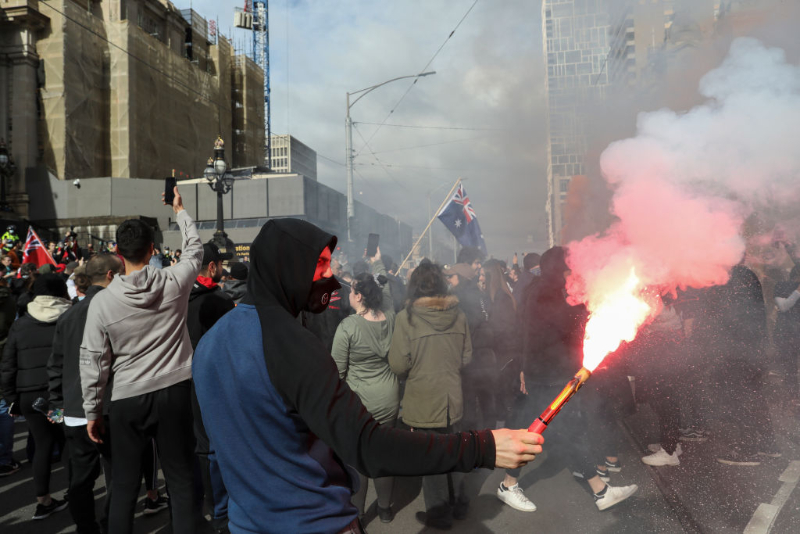
AUSTRALIA
- Ben Rich
- 17 February 2022
11 Comments
Today we see a resurgence of digital tribalism, a glorification of disingenuous engagement online and humiliating those of a different perspective. Everywhere we see simplistic and belligerent narratives of ‘us versus them’ over more nuanced explanations that might impart a greater sense of shared humanity and common purpose. So what happened?
READ MORE 
-
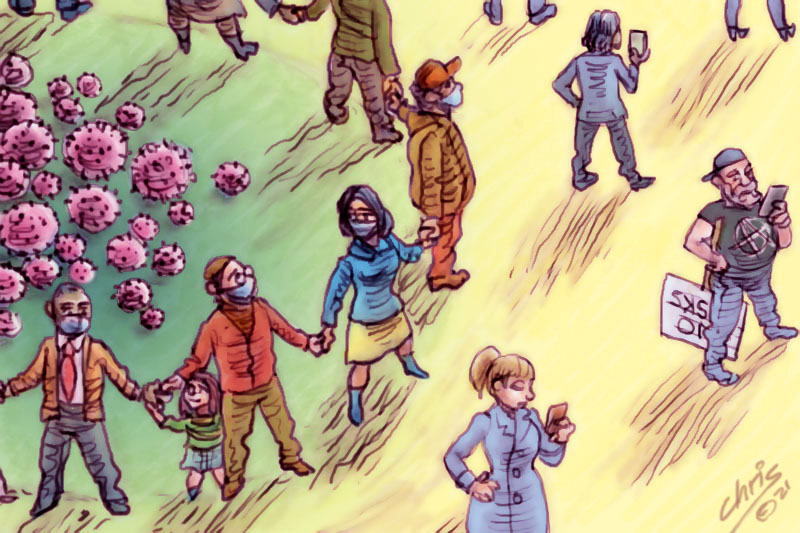
AUSTRALIA
- Barry Gittins
- 17 August 2021
10 Comments
In his 83 years, social psychologist, researcher and author Hugh Mackay has seen the sun rise and set on regimes, ideologies, cults, fads, movements and manias. He has also seen language used to clarify and build common ground, or to confuse and demoralise. One constant throughout these years has been his fascination with how human beings treat each other and their planet, and why.
READ MORE 
-
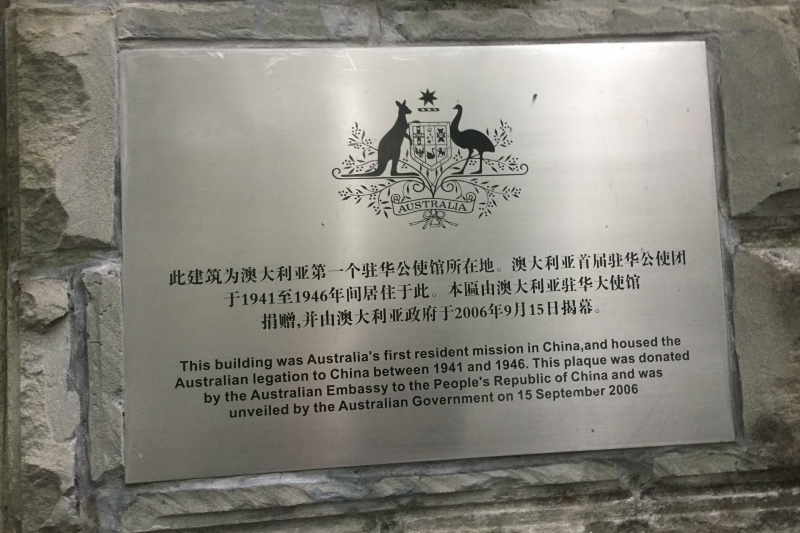
MEDIA
- Jeremy Clarke
- 10 September 2020
7 Comments
The China story, described this week by the ABC’s Director of News Gavin Morris as ‘the story of our times’, defies simplistic renderings, however much a significant part of Australian-based commentary masquerades as such. The rapid revolutions of the modern media cycle do not permit much nuance or lengthy historically informed pieces.
READ MORE 
-

ECONOMICS
- Andrew Hamilton
- 13 August 2020
6 Comments
Amid the disruption of predictable life wrought by the coronavirus, governments have focused on jobs. Jobs lost in the response to the virus, and jobs created as we emerge from the crisis. The focus is worthy — behind each job lost is a person whose life has become anxious and uncertain. The language, however, is concerning. Defining the challenge as one of creating jobs expresses an understanding of work, the inadequacy of which the coronavirus has laid bare.
READ MORE 
-
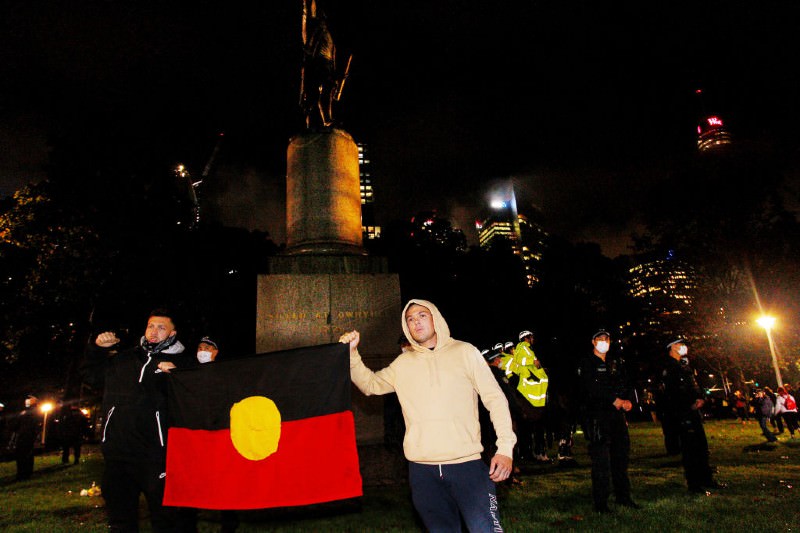
ARTS AND CULTURE
- Andrew Hamilton
- 25 June 2020
14 Comments
The larger questions posed by the destruction of the statues, and indeed of reputations, that they symbolise, concern how to handle complexity.
READ MORE 
-

RELIGION
- Rita Tognini
- 28 January 2020
5 Comments
It's definitely the flesh and blood you, Thérèse, not the Little Flower of church statues and holy pictures, milky with sanctity. It's the frank-faced-child-in-lace-trimmed-dress-and-sturdy-boots you. It's the fourteen year old, hair-atop-head-in-a-bun-to-look-older-for-the-Bishop-so-he'll-let-you-take-the-veil you.
READ MORE 
-
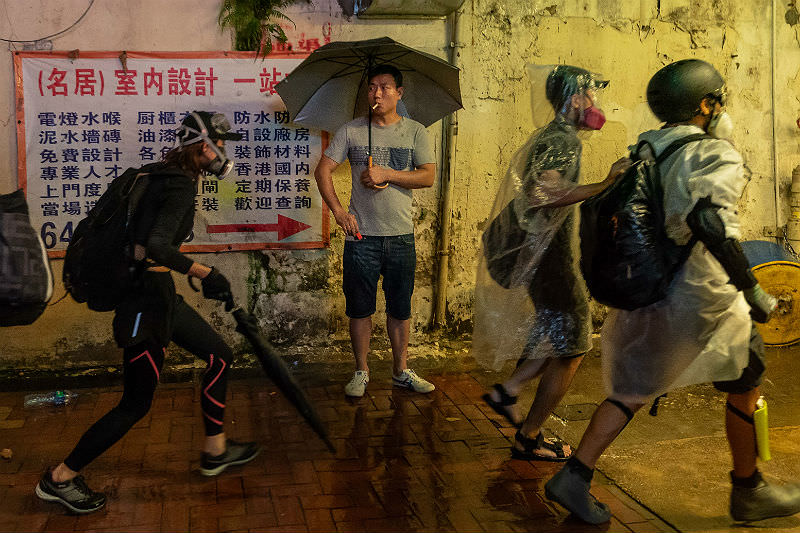
INTERNATIONAL
- Andrew Hamilton
- 26 August 2019
11 Comments
The democracy movement in Hong Kong, with its ideal of political freedom and its embodiment of it in spontaneous and decentralised organisation, is one of many such revolutions, most of them short lived. It is inspiring because of its idealism, and poignant because its precedents demonstrate the power of the forces arrayed against it.
READ MORE 